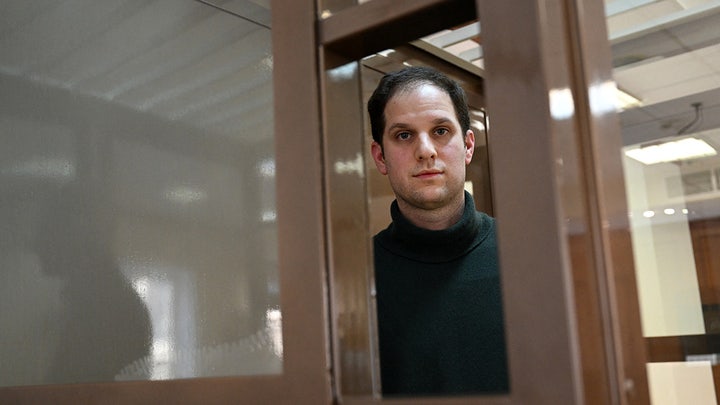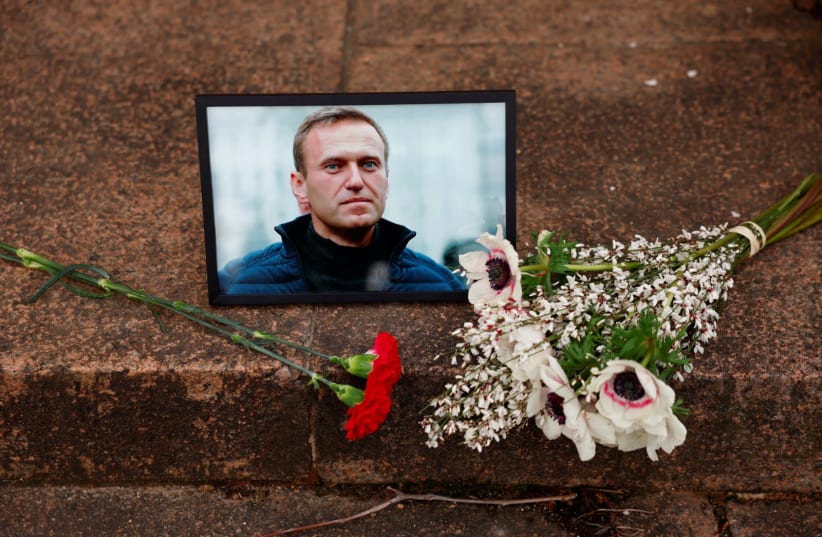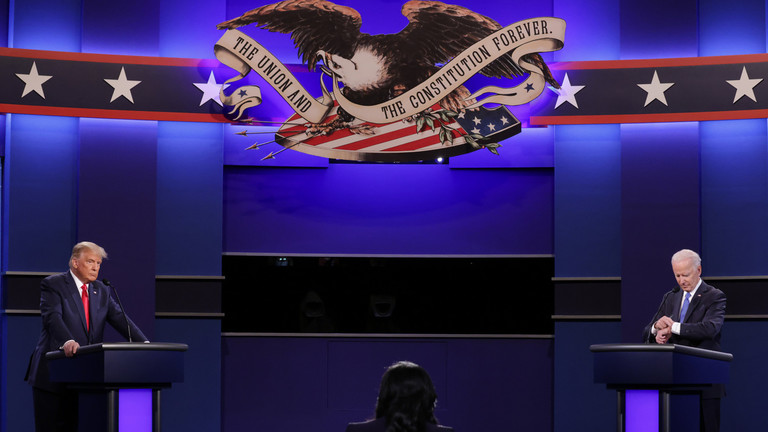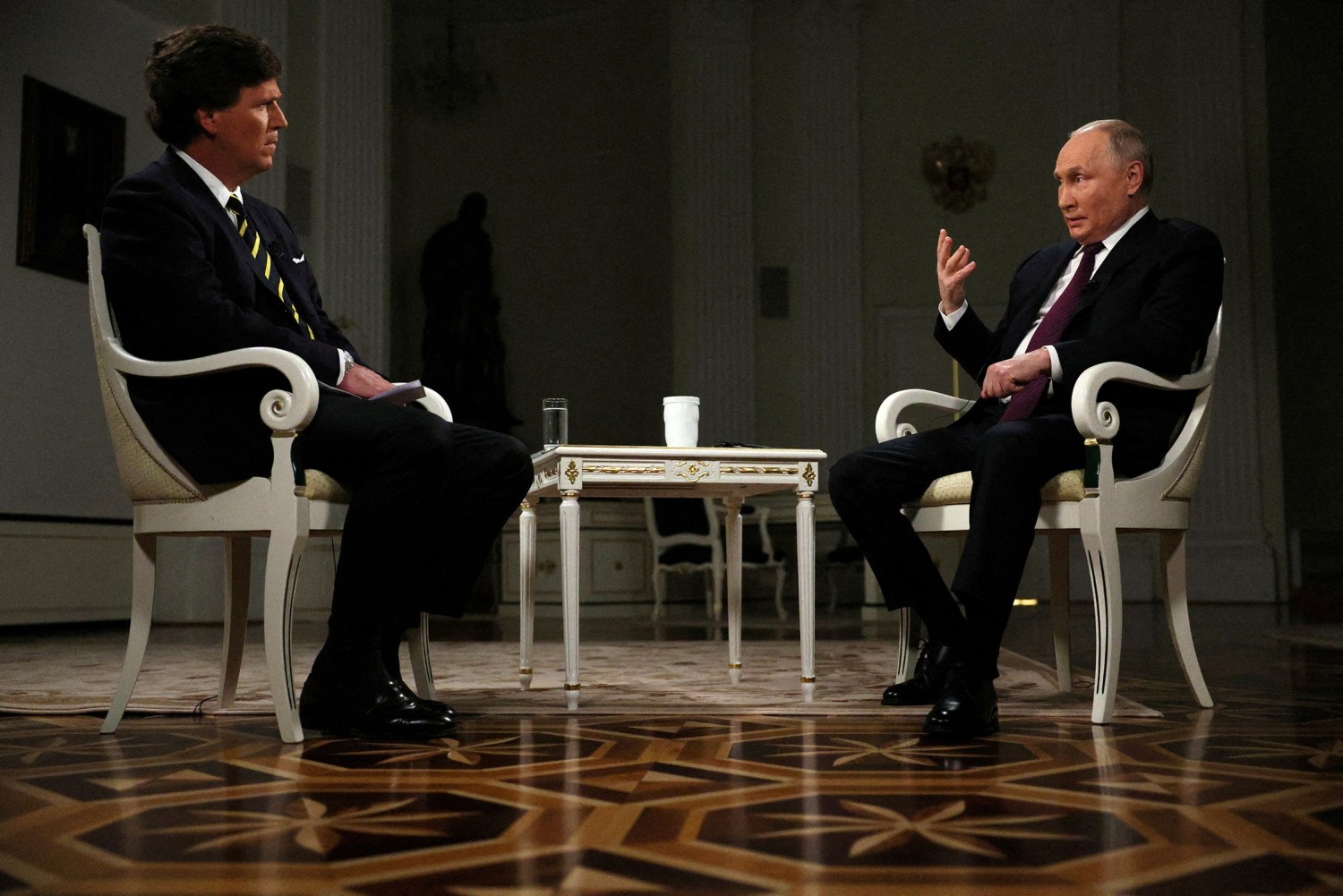This article is more than
4 year oldThe U.S. Should Stop Underestimating Russian Power
In recent days, Americans have learned that Russia’s equivalent to the CIA almost certainly executed the most devastating cyber-offensive in history. Over many months, the perpetrators planted malware in data systems throughout the U.S. government and Fortune 500 companies. Among the U.S. government agencies that the Russian security services appear to have infiltrated are the Departments of State, Treasury, Energy and Homeland Security, as well as the National Institutes of Health at the height of a deadly pandemic.
The full extent of the damage may not be known for years, but the attack fits neatly into a narrative that we have heard from pundits and policy makers for years: that Vladimir Putin has a weak hand in international politics—a wobbly economy, a relatively small military, stagnant population growth—but plays it well. Russia, in short, is a troublemaker but not a major threat.
The problem with this bit of conventional wisdom is that it seriously underestimates the value of the cards in Mr. Putin’s hand. Russia isn’t just formidable in cyberspace. It is globally resurgent in ways that we can’t afford to dismiss, from Crimea to Syria to sub-Saharan Africa, Venezuela, the Arctic, Europe and beyond. A proper assessment of Russian power means looking beyond traditional yardsticks such as GDP or military spending. As Mr. Putin put it two decades ago (attributing the quote to Winston Churchill), “Russia was never so strong as it wants to be and never so weak as it is thought to be.”
The post-Cold War picture of Russia as weak and declining is outdated. Russia has come a long way from the decrepit, indebted and lawless country that emerged after the Soviet collapse in 1991, a nation that the late Sen. John McCain described in 2014 as “a gas station masquerading as a country.”
Russia still supplies much of the world with oil and gas—resources on which the global economy depends. But Russia does more than just mine, refine and sell petroleum; it also controls much of the world’s oil and gas pipeline infrastructure. That gives Mr. Putin the kind of leverage and influence over a host of countries (including most of Europe) that doesn’t show up in measures of relative power such as GDP.
Keywords
Newer articles
<p>New Delhi says it is “deeply concerned” about the situation in the Middle East, which “threatens peace and security”</p>
Why Israel is risking a dramatic escalation with Iran
Iron Dome, David’s Sling, Arrow: Israel’s air defense against Iran, explained
Israel’s War Leaders Don’t Trust One Another
OJ Simpson to be cremated and no plans to donate brain to science, lawyer says
Bianca Censori stuns in extreme v-neck dress
US helped Israel take down ‘nearly all’ Iranian drones and missiles – Biden
‘Their tactics have changed’: Russia’s bid to blow apart Ukraine’s power grid
Russia's meat grinder soldiers - 50,000 confirmed dead
How Leslie Liao left Netflix’s HR department to become a rising star in stand-up




